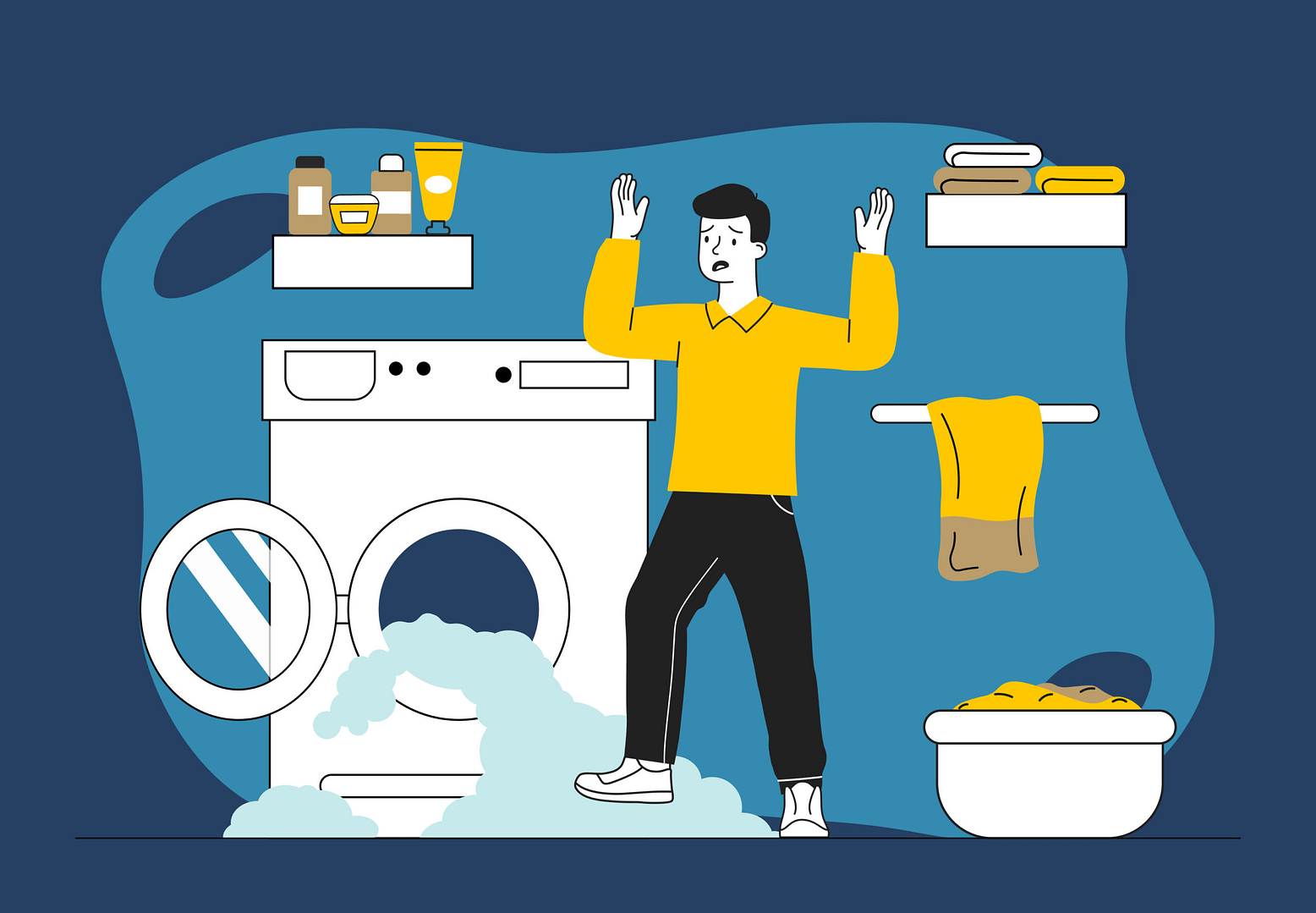Recognizing and Dealing With Weaponized Incompetence
Have you ever asked someone for help at work, at home, or in a relationship, only to have them do it so poorly that you end up doing it yourself? Or maybe you’ve noticed that a partner or coworker claims they “just don’t know how” to do something, even though they’re perfectly capable of learning. If this sounds familiar, you may be dealing with something known as weaponized incompetence.

At Mile High Psychiatry, we recognize how this frustrating and often subtle behavior can take a serious toll on mental health. It can erode trust, create resentment, and leave people feeling overwhelmed, unappreciated, or even gaslit.
Let’s get into what weaponized incompetence really means, why people do it, how to spot the signs, and what you can do about it, whether you’re the one experiencing it or realizing you may be doing it yourself.
What Is Weaponized Incompetence?
Weaponized incompetence refers to the act of deliberately underperforming or pretending to be bad at a task in order to avoid responsibility. It’s a manipulative tactic, conscious or not, that shifts the burden onto someone else. The person engaging in weaponized incompetence may say things like:
- “I’m just not good at this.”
- “You’re better at it anyway.”
- “I didn’t know how to do it right, so I figured you’d handle it.”

While this might sound harmless on the surface, it becomes a form of emotional manipulation when used repeatedly to dodge responsibilities in relationships, households, or workplaces.
Examples of Weaponized Incompetence in Everyday Life
This behavior can show up in all kinds of relationships. Here’s what weaponized incompetence might look like in different settings:
In Romantic Relationships
- One partner consistently “forgets” how to do laundry or cook, so the other ends up doing it every time.
- A partner claims not to know how to manage or keep track of social schedules, pushing all the planning onto the other.
At Work
- An employee intentionally submits incomplete work so their manager or colleague has to finish it.
- A team member feigns confusion about using a tool or software to avoid contributing to group projects.
In Parenting
- One parent consistently forgets school deadlines, permission slips, or appointments, placing the mental load on one person.
- One parent claims they’re “just not good” at bedtime routines, leaving the other to manage the emotional labor of caregiving.
In all of these scenarios, the burden shifts unfairly onto someone else, often without acknowledgment or appreciation.
Why Do People Use Weaponized Incompetence?
It’s easy to assume this kind of behavior stems from laziness or malice, but the reality is often more complex and may involve the following:
Avoidance of Responsibility
Some people learn early on that if they do something poorly enough, others will stop asking. Over time, this becomes a pattern that helps them avoid tasks they don’t enjoy.
Power and Control
Weaponized incompetence can create a power imbalance. By stepping back from certain responsibilities, a person may exert control by forcing someone else to pick up the slack.
Lack of Accountability
In some cases, people aren’t aware they’re doing it. They may lack self-awareness or simply not realize how much they’re relying on others to handle emotional or logistical labor.
Gender or Cultural Norms
In heterosexual partnerships, weaponized incompetence often plays into outdated gender roles, where one partner (often women) ends up managing the bulk of household or emotional tasks.
How Weaponized Incompetence Affects Mental Health
Whether you’re on the receiving end or unintentionally using this behavior, weaponized incompetence can have a significant impact on mental health and relationship dynamics.
If You’re on the Receiving End:
- Chronic frustration and resentment
- Burnout from constantly picking up the slack
- Feeling undervalued or unsupported
- Increased anxiety or depression
If You’re Exhibiting the Behavior:
- Strained relationships
- Lack of growth in personal responsibility
- Missed opportunities for connection and mutual support
- Unrecognized guilt or low self-esteem
The emotional weight of this pattern can damage trust, communication, and long-term partnership satisfaction.
How to Recognize Signs of Weaponized Incompetence
It can be tricky to tell the difference between genuine mistakes and weaponized incompetence, especially if you care deeply about the person. Here are some red flags to look for:
- The person repeatedly fails at basic tasks and shows no effort to improve.
- They insist they “can’t do it” despite having the capacity to learn.
- Their mistakes often result in you taking over.
- You feel emotionally or physically exhausted from constantly compensating.
- You’ve communicated your needs, but the behavior doesn’t change.
How to Deal With Weaponized Incompetence in a Relationship

Dealing with weaponized incompetence takes self-awareness, open communication, and sometimes professional support. Here’s how to start:
1. Set Clear Expectations
Clearly outline what you need help with and what your expectations are. Be specific about tasks and timelines.
2. Stop Rescuing
It can be tempting to jump in and fix things, but continually stepping in reinforces the behavior. Allow natural consequences to play out when safe and appropriate.
3. Communicate Openly and Calmly
Use “I” statements to share how the behavior affects you. For example:
“I feel overwhelmed when I have to manage everything alone. I need us to divide responsibilities more fairly.”
4. Address the Pattern, Not Just the Task
Talk about the larger issue, not just the undone chore. If it’s a recurring pattern, addressing it head-on is more productive than nitpicking each instance.
5. Consider Couples or Individual Therapy
Sometimes, these behaviors are deeply ingrained. A therapist can help both parties understand where the behavior comes from and how to rebuild healthier patterns.
How Therapy Can Help You Address Weaponized Incompetence
At Mile High Psychiatry, we help individuals identify and navigate toxic patterns like weaponized incompetence. Whether you’re feeling emotionally overwhelmed by a partner’s behavior or you’re realizing that you may be leaning on this tactic yourself, therapy offers:
- A safe space to explore relationship dynamics
- Practical strategies for communication and boundaries
- Support for improving emotional regulation and self-awareness
- Tools to promote accountability and fairness in relationships
Ready to Break the Cycle?
Weaponized incompetence may seem small in the moment, but over time, it erodes trust, builds resentment, and damages mental health. Recognizing it is the first step toward healthier, more equitable relationships, whether romantic, professional, or personal.
If you’re ready to shift the dynamic and prioritize your well-being, reach out to Mile High Psychiatry today. Our compassionate team of mental health providers is here to support you in building relationships rooted in fairness, honesty, and emotional responsibility.


